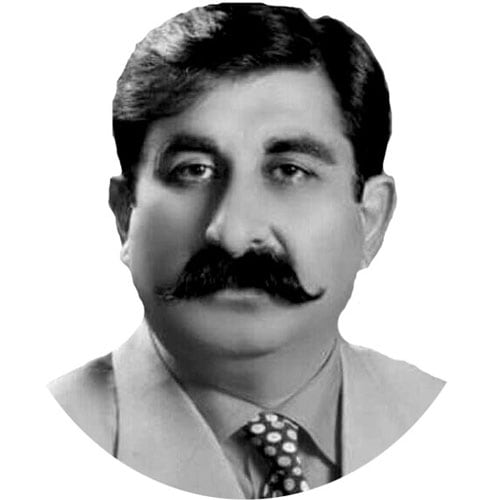Pragmatic politicians
A PRAGMATIC politician is concerned more with matters of fact than with what could or should be. Pragmatic politician’s realm is result and consequence.
If that’s where one’s focus is, one may want to apply the word to oneself. Pragmatism is the pursuit of practical knowledge that is immediately useful.
Pragmatist easily accepts a theory as mostly true if it appears to be useful in explaining or predicting. This can be contrasted with skepticism, whereby an individual is hesitant to accept anything as true without extensive evidence.
Pragmatists are interested in the immediate and tangible results. They don’t necessarily align to either realism or optimism. Political pragmatist views realists as over thinkers and optimists as too detached from immediate concerns.
Political pragmatists are interested in partial truths, often known as grey areas, as these have useful applications. If a politician knows that opponent is somewhat weak at defending his side, this may be useful knowledge based sense that isn’t at all certain or concrete.
It is believed that good plan violently executed now is better than a perfect plan executed next time. Political pragmatist will consider the cost of increasing the state of power in terms of both time and resources.
Political pragmatist considers something to be true without needing to confirm that it is universally true. If humans commonly perceive the ocean as beautiful then the ocean is beautiful. It doesn’t matter to a political pragmatist that success may be a human construct that could be meaningless outside the human experience.
Political Pragmatist tends to avoid formal system of logic that is concerned with true and false with nothing in-between.
From a political pragmatist’s point of view, statistics and fuzzy logic may be more useful because they deal with partial truths.
Political pragmatic will stop if there is one percent chance that an entity on the way in front of them is a pedestrian. A true or false system of logic is relatively useless because one just needs to know if there is any chance at all.
A political pragmatist views something as true in the context of political culture and not true in the context of another.
He may incorporate complex human factors in their thinking if it is useful to do so. Let us not pretend to doubt in philosophy what we do not doubt in our minds. A pragmatist tends to be friendly to intuition and other thought processes that aren’t based on any identifiable logic.
An idea is useful in predicting the world has value, whether one understands the logic behind. The moment you doubt whether you can fly, you cease for ever to be able to do it. A political pragmatist views truth in terms of what creates practical outcome.
How far this can be taken and still be considered pragmatic is a matter of some debate. A myth is always useful for communicating a risk or moral. Such a matter is not true but accepting it as true may be practical in a particular context.
Productive assumption is the practice of designing assumption to maximize productivity, even if they aren’t true.
A political parachutist assumes his parachute will open even if he does not check it on several occasions. Nonetheless it serves the purpose. Political pragmatist drops old ideas as he loses his value and adopt new ideas as he becomes useful.
Pragmatism calls for an open mind that one’s ideas and beliefs may be wrong. It’s not pragmatic to adopt inflexible ideas that one fails to regularly test.
The correspondence way of truth is the idea that something is a fact if it accurately describes others.
This is prone to errors such as confusing mere correlation with causation. It is a useful approach to knowledge validation that is commonly used by pragmatist politicians. Our today’s political philosophers have been less intent on finding out what the facts are, than on inquiring what belief is most in harmony with them.
Today the coherence way of truth states that facts need to be coherent. If it rains every time your cat fights with your dog, your mind of how rain works would prevent you from developing wild ways that your cat has power over the weather.
In our country pragmatist politicians of today always don’t tend to build big coherent systems of truth and rational where everything matches up.
Our political pragmatist accepts this model as useful to others without needing to align it to the laws of the State. A certain percentage of the masses is insane and subject to illusions.
Maybe, you are one of them and that your idea that twice two is four is a lunatic notion, and your seeming recollection that other people think so, the baseless fabric of a vision. It is common for pragmatist politicians to accept things as mostly true.
Political pragmatists are sure that masses can’t understand the reality well enough to say that anything is certainly true.
Today at the defining moment of our political priorities and prevailing dominant folklore all the stakeholders need to review their political approach, policies and manifestos for the better tomorrow of our young generation.
We need to sit down and think how we can pull this country out of different marshes. We need to burry personal hatchets for the sake of our country and the nation.
If we are serious and sincere we will have to properly and timely address the miseries of the deserted masses to survive as dignified nation.
—The writer, based in Islamabad, is book ambassador, columnist and author of several books.










